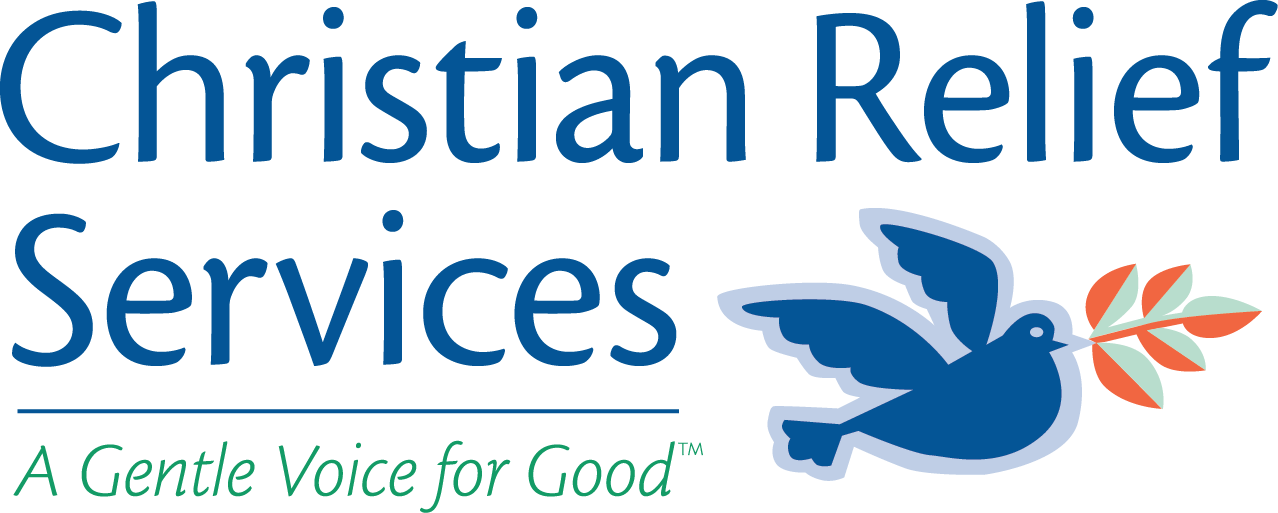Bread and Water for Africa® Spring Protection Projects in Rural Uganda in 2024 Today Serving 8,500 Individuals, Schools, a Health Center, and More with Clean Water!
In Uganda, “poor sanitation and hygiene, as well as unequal access to safe drinking water, make thousands of children very sick and at risk of death.”
So says UNICEF, noting that WASH (Water, Sanitation and Hygiene) “are essential for life and health, but they are also essential for dignity, empowerment and prosperity.
“Water and sanitation are human rights, fundamental to every child and adult.”
And that’s why for a quarter-century has been working to provide clean water for hundreds of thousands in sub-Saharan African countries including Cameroon, the Democratic Republic of the Congo, Ethiopia, Malawi, Sierra Leone, Tanzania, Uganda and Zambia.
However, in recent years we have expanded our clean water program to include WASH projects such as constructing latrines in Malawi in the understanding that proper sanitation and hygiene are equally important in preventing waterborne illnesses and diseases.
We were disheartened when we learned recently from UNICEF that “Diarrhea alone, one of three major childhood killers in Uganda, kills 33 children every day,” – most likely the vast majority of those deaths could’ve been prevented through WASH programs.
In the past year we completed 12 spring water projects in the Luwero Triangle in rural central Uganda which are today providing reliable and steady access of clean water for 2,157 households totaling more 8,477 individuals, in cooperation with our Ugandan partner Bega kwa Bega (BkB), which means “Shoulder to Shoulder” in Kiswahili.
Among them is the Steven W. Herman project, done in the memory of the late Mr. Herman who was affiliated with our longtime partner Arms Around Africa, in Mpondwe Village located in Mpigi District.
BkB program manager David Ssagala reported recently that before the completion of the spring water protection site that “it was a wide-open water source with logs used to enable people to fetch water.
“This was risky for children as the logs were surrounded by water, children could easily slide and fall into the water, the water was not clean and was not safe for use.
“Children could defecate in the water,” David added, “and when it rained the water became dirty, contaminated by refuse from the run-off water. The logs could become submerged in the water, therefore children and adults had nowhere to kneel in order to fetch water.”
Travis, a 9-year-old student at a local primary school, had told David that he and the other children used to have to kneel on the logs to fill containers and on one occasion a sibling of Travis’s fell in the water and had to be rescued by a neighbor.
Now we are pleased to report that “With a smile, Travis says now, instead of logs, he and the other children have a staircase to go down, and instead of an open water source there are now two water outlets with water flowing continuously day and night.”
Another spring protection project was completed at the Nakitokolo Nsangi Health Centre in Wakiso District, which before the project’s completion, David had reported it “had a big challenge getting water,” made worse when a 10,000-liter (2,641-gallon) water tank that had been donated to the clinic “was stolen within a short time from when they had received it.”
As the only health center in the area, the Nakitokolo clinic serves more than 400 patients monthly and previously “in order to get water, the nurses either brought water daily, or had to work in turns so that the other goes to fetch water.
“This greatly affected their services.”
David explained that prior to the spring protection project’s completion, “it was a wide-open water source with logs for kneeling while people fetched water.
“This was risky for children, the logs were surrounded by water, children could easily slide and fall into the water. The water was not safe for use as it was shared by both humans and animals – especially cows.”
And today, David wants the supporters of Bread and Water for Africa® who made this possible to know: “Thanks to you, the number of households has increased to more than 450 because of the water being clean, as well as the health center, four schools with nearly 3,100 students, four churches and a mosque.”
